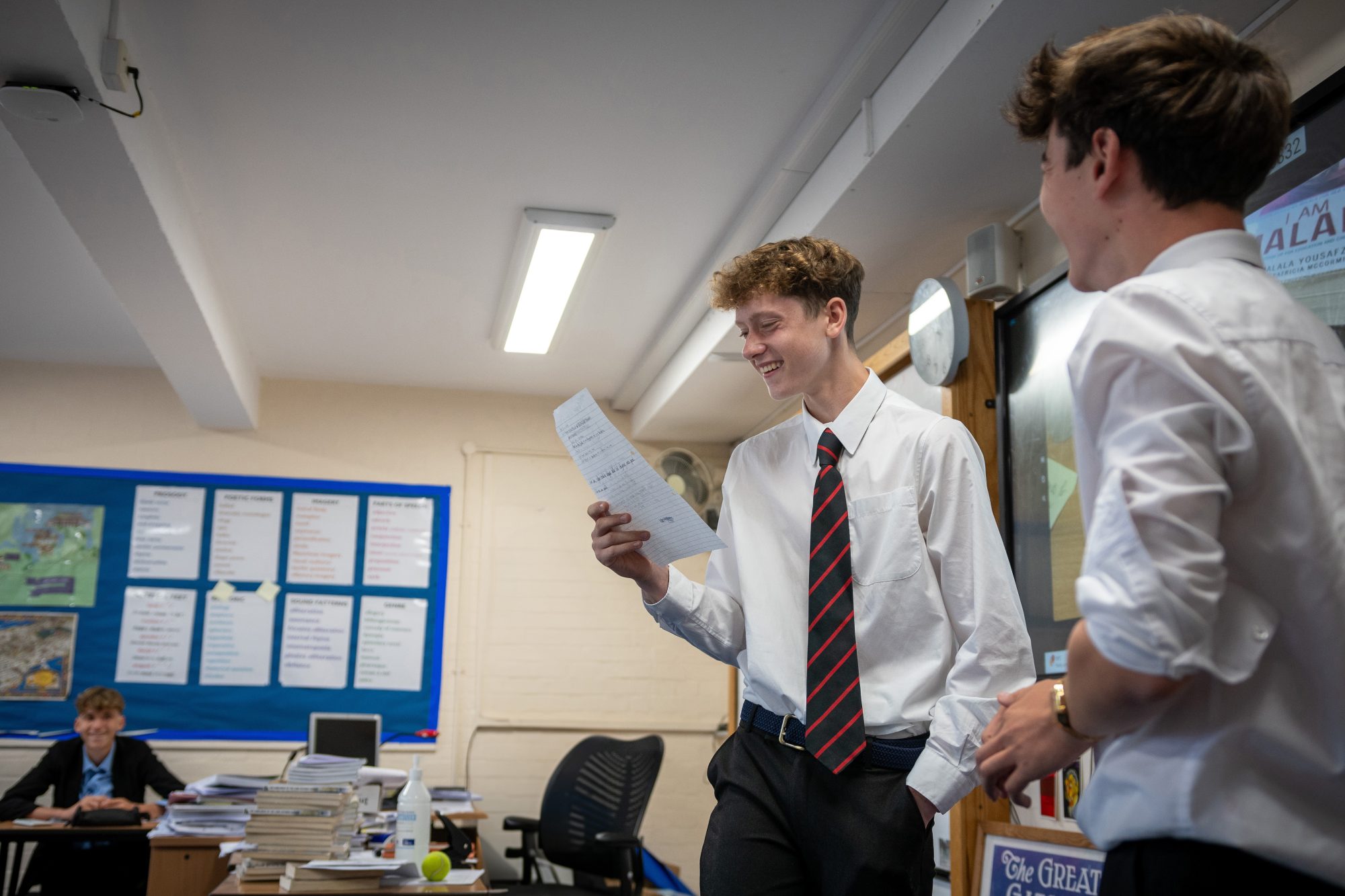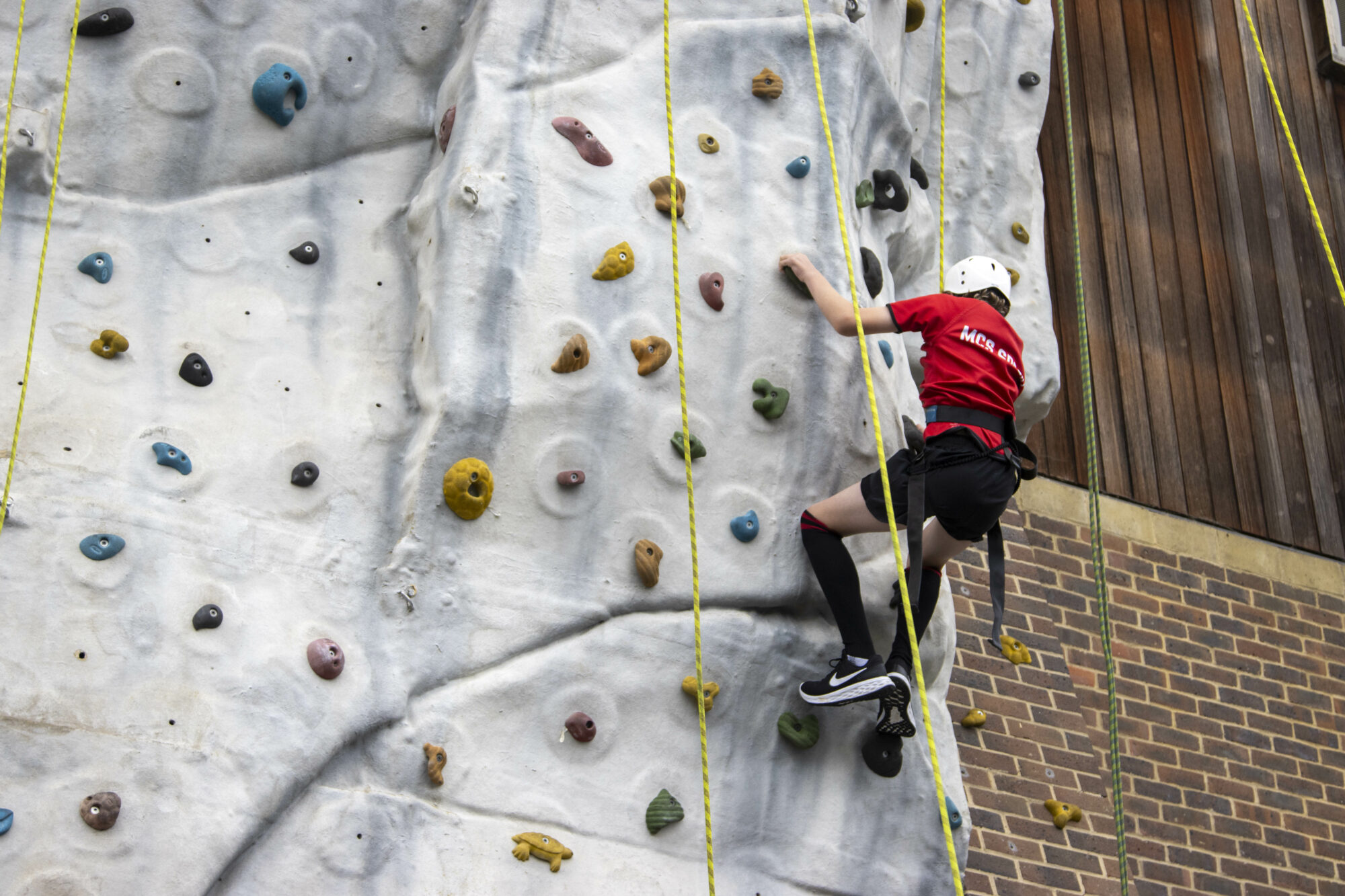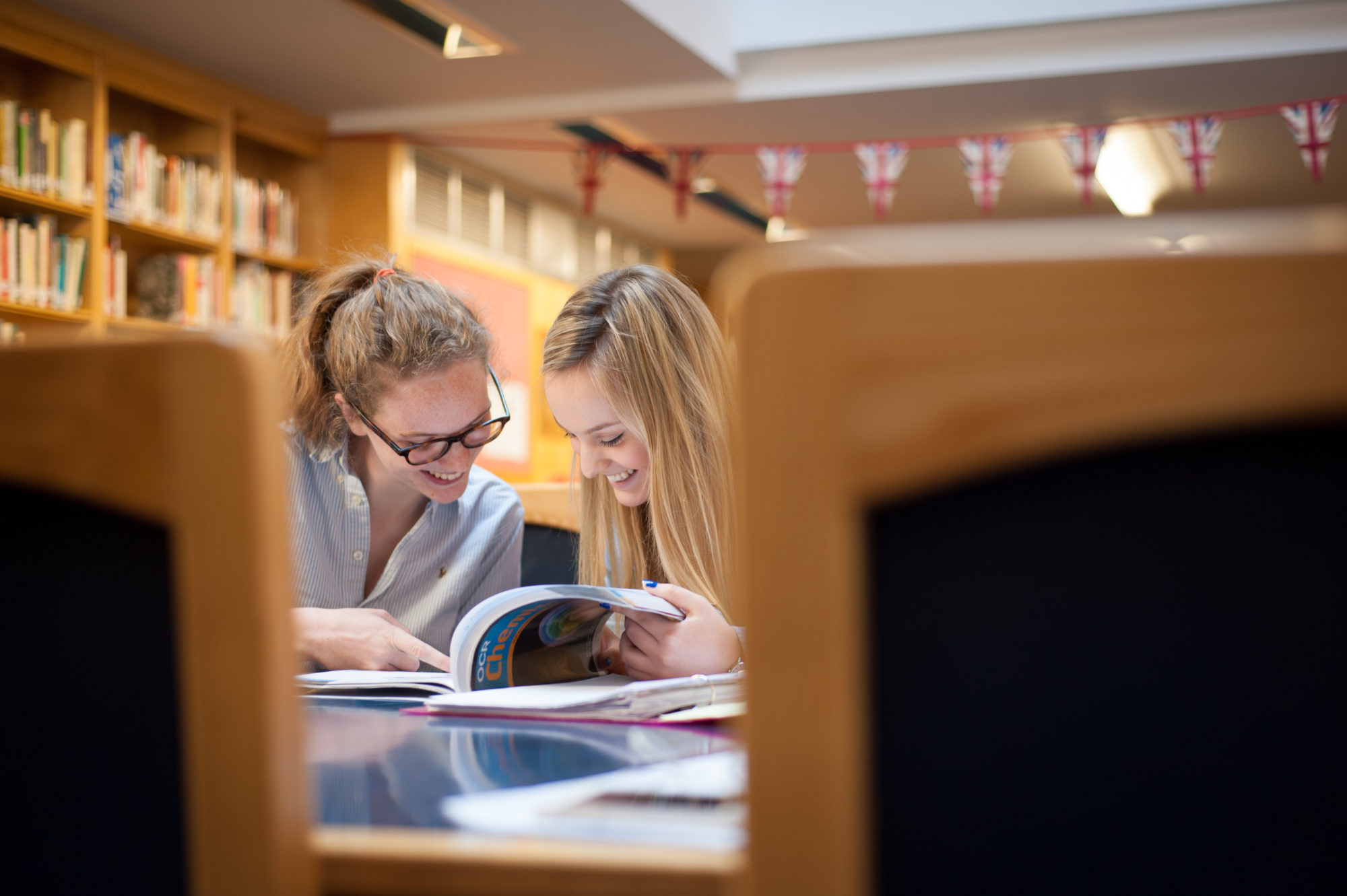Suggested Reading
Some suggestions for reading over the summer are listed below. Many of these books are out of copyright and can be downloaded for free from sites such as Project Gutenberg and Google Books.
While the lists below are aimed more at those in the middle and lower schools, sixth-formers might like to explore some of these suggestions: The Guardian’s 100 Greatest Novels, Modern Library’s 100 Best Novels, Time Magazine’s All-Time 100 Novels and Penguin’s 100 Must-Read Classics.
Any book that helps a child to form a habit of reading, to make reading one of his deep and continuing needs, is good for him.
Maya Angelou
Here are suggestions by age groups:
L4 Pre GCSE English Reading List 2023

Show me a family of readers, and I will show you the people who move the world.
Napoleon Bonaparte
Here are additional reading grids arranged by year:

Some ideas for reluctant readers
- Read a little and often. Set aside ten or fifteen minutes a day, at a regular point. Leave your phone in another room. Sit comfortably and read.
- Listen – to an audiobook or to a parent or friend reading. When you reach a stage in a novel where you’re hooked, start reading.
- Try using a Kindle or another e-reader. If you find it easier to concentrate or more practical to use an electronic device, do so. Consider sharing an account with a parent or sibling or friend.
- Always carry a book (or e-reader) with you. Fill spare, unforgiving minutes with reading, rather than with your phone.
- Browse until you find a book you want to read. Examine covers, first pages, random pages. What piques your interest?
- Write as you read. Scribble notes in margins. Respond to what you encounter. Keep a journal of your reading.
- Set yourself a challenge. Challenge yourself to finish a book by a certain time – or, say, five books by the end of the summer holidays. Compete with a group of friends to see who can read the most.
 MCS ranks among the top independent secondary schools, and in 2024 was awarded Independent School of the Year for our contribution to social mobility.
MCS ranks among the top independent secondary schools, and in 2024 was awarded Independent School of the Year for our contribution to social mobility.

 28 of our pupils achieved 10 or more 8 or 9 grades in 2024.
28 of our pupils achieved 10 or more 8 or 9 grades in 2024.
 In 2023-24, MCS received over £448,000 in donated funds.
In 2023-24, MCS received over £448,000 in donated funds.


